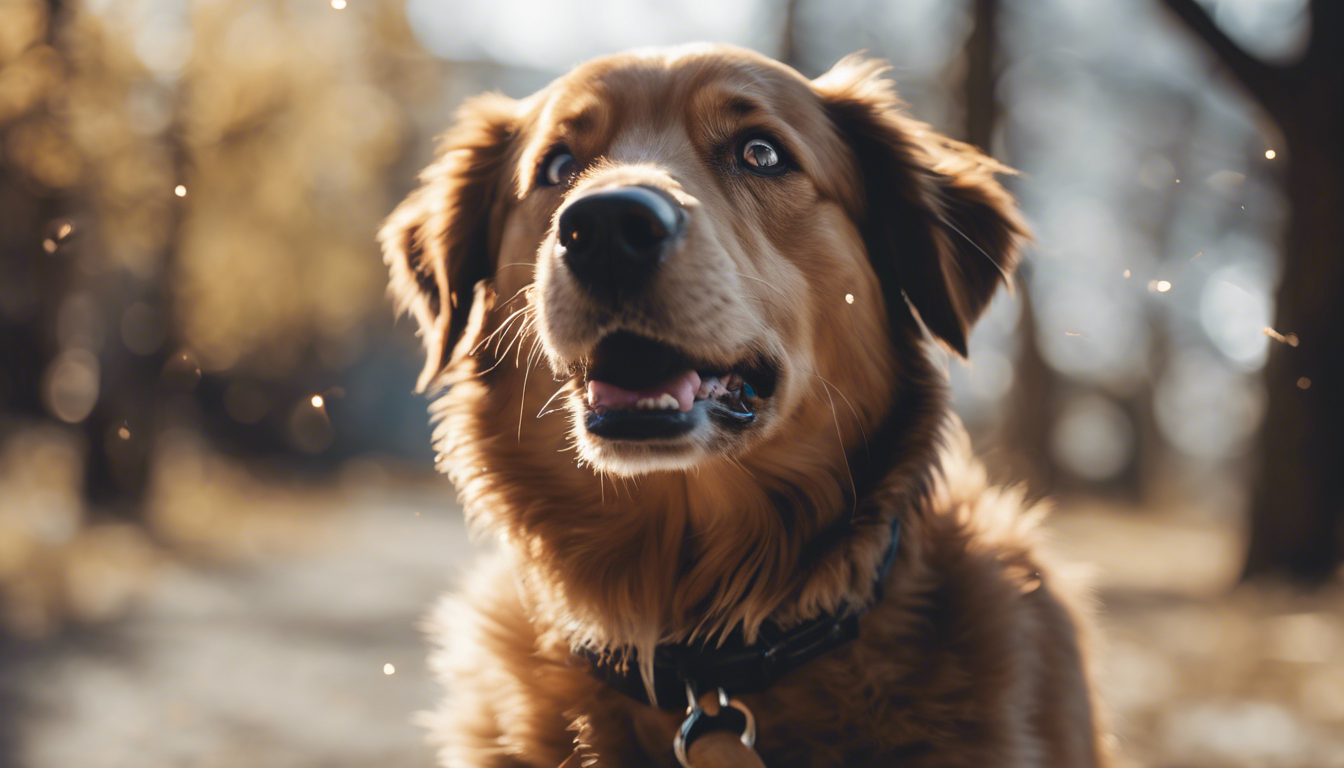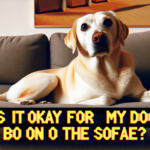Contents
Understanding Hyperactivity in Dogs
Just like humans, dogs have unique personalities, each with its own set of behavioral traits. Some dogs are naturally calm, while others may show signs of hyperactivity. Hyperactivity in dogs is characterized by excessive physical activity and impulsiveness. If your furry friend tends to bounce off the walls, it is crucial you understand the root of this behavior. The common causes include genetics, lack of exercise, anxiety, or simply, boredom.
Practical Tips for Managing a Hyperactive Dog
If you’re looking for effective ways to manage your hyperactive dog, here’s a list of methods you can adopt:
Provide Adequate Exercise
Dogs are naturally active creatures, especially certain breeds. Different breeds have different exercise needs. Make sure to give them plenty of physical activities to help them burn off extra energy. This could be walks, runs, playing fetch or even swimming.
Introduce Mental Stimulation
Physical exercise alone won’t cut it for a hyperactive dog. Mental stimulation plays a key role in calming hyperactivity. Train your dog to follow commands or introduce puzzle toys and games. These activities will wear them out mentally, resulting in a calmer dog.
Establish a Routine
Dogs thrive on routine and structure. Establishing a daily schedule for meals, walks, playtime, and bedtime can provide a sense of security for your dog. This can help curb their hyperactive behavior as they know what to expect and when.
Tips for Training a Hyperactive Dog
Training a hyperactive dog can indeed be challenging. However, with patience, consistency, and a positive approach, you can train your dog effectively. Let’s dive into some of the strategies that can be implemented:
Positive Reinforcement
Use positive reinforcement to train your hyperactive dog. Whenever they display a desirable behavior such as sitting or staying still, reward them with a treat, toy, or affection. This will encourage them to repeat the behavior.
Teach them to Relax
Encourage relaxation by creating a calm and peaceful environment. Use calming techniques such as massage or soothing music. Practice “calm-inducing” commands such as “sit”, “stay”, or “lie down”.
Seek Professional Help
If you’re struggling to manage your dog’s hyperactivity, it’s a good idea to seek professional help. A certified dog behaviorist or trainer can provide you with the necessary tools and techniques to reign in your dog’s energetic behavior.
Are There Any Supplements for Hyperactive Dogs?
There are various **supplements** on the market that can help manage excessive energy in dogs. Ingredients such as chamomile and valerian root are known for their calming effects. However, before introducing any supplements, it is advisable to consult your veterinarian to ensure it is suitable for your dog’s condition.
FAQs
- Is hyperactivity in dogs a medical condition?
- Are certain breeds more likely to be hyperactive?
- My dog seems anxious. Can this cause hyperactivity?





